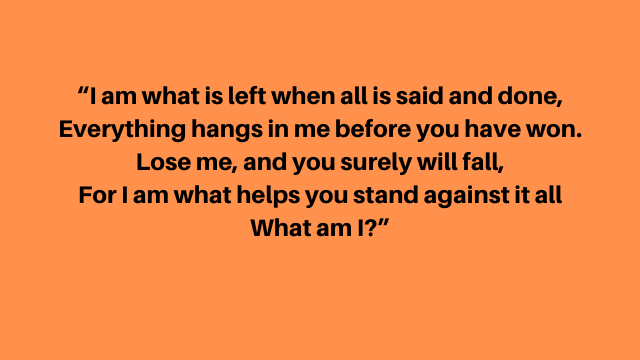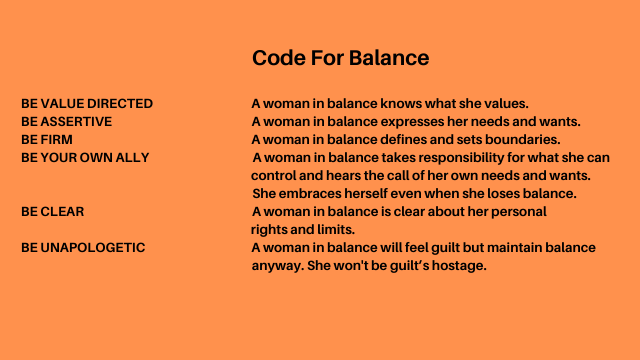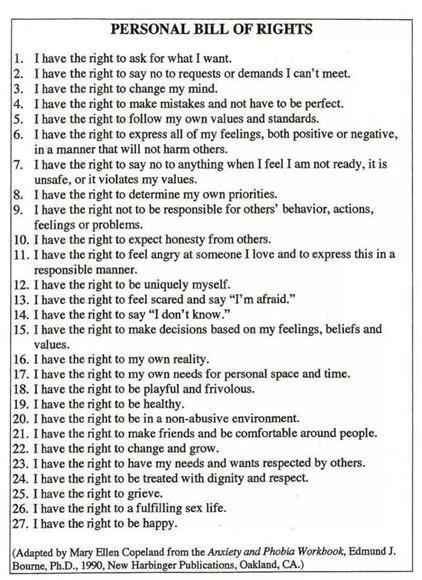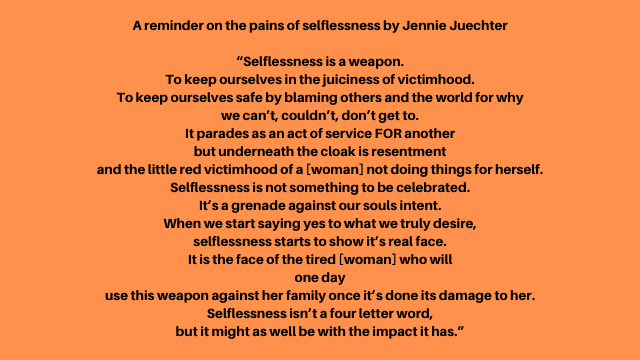Do you feel you work too much and don´t have enough time for you or your family?
Traditionally January has been the month where we start afresh. It´s a clean slate, a new page in our journal. Perhaps we take time to weigh up, compare and evaluate what worked the previous year and what didn´t. We use January to balance the books from the previous year and to put our lives back on an even keel – to retain some equilibrium and steadiness to prepare us for the year ahead.
But what has it meant for you? Did you put any of our tips into practice? It´s not too late. We have even more expert advice available for you, and after all – life shouldn´t just be in balance in January. We hope you will gain something from this information to help you set new habits and create your life in balance going forward.

Work from home – or live at work?
Maya Middlemiss, freelance journalist, and author has some positive suggestions as to how to change our “home-office” mindset into a positive one.
The explosion in remote working is one positive and continuing legacy of the global health crisis. It has opened more opportunities than ever before for people to live wherever they choose, doing location-independent work in a field they are passionate about.
However, many people have struggled to integrate a workplace into a home that was never designed or chosen for this purpose. This has also been impacted by the erosion of vital boundaries between life and work, especially where space is at a premium. If you are not fortunate enough to have a dedicated office room with a door to close at the end of the day, here are some tips to help stop work and life blending into one huge amorphous mess:
- Plan your day, to get clear on your priorities and most important tasks, while allowing time for reactive work, and having a cut off time in mind to work towards.
- Ritualise the start of the day, in a way that is meaningful for you. Rather than checking work email in bed just because you can, create a routine that moves you from personal to working mindset. This can help you impose a boundary, where none physically exists! Consider exercise, meditation, journaling, coffee, or whatever combination helps you shift into the right gear.
- Just prior to “switching off”, be sure to list any uncompleted tasks and carry them over into tomorrow’s plan, so they don’t buzz around in your subconscious. Then log out of your work tools.
- If you are sharing space, symbolic boundaries might help – like a paper room divider. While it does nothing for the noise of someone else’s meeting or classroom session, it can help you focus mentally on your own work. It also hides your work area from view in the evenings. It can also help hide any domestic chaos from your Zoom background.
- Identify and ask for the help you need, whether that’s a call with your manager about your stress levels and how they can better support you, or a supportive chat in the Healthy Happy Homeworking community
- Overcommunicate, to pre-empt micromanagement and surveillance. Lots of managers are as insecure and unfamiliar with this set-up as anyone else. A tendency to demand endless reporting and supervision might be as much about their need for reassurance as your likelihood to slack off.
Achieving balance when you work from home can be challenging, but ultimately, it can also be incredibly liberating. It’s well worth taking active steps to instill the right boundaries, manage yourself, and manage-up as well if you have to. Once you truly uncouple work from a place you go, to be a thing you do, you’ll have the world at your feet… And hopefully, we will all soon be free to explore that world a bit more freely.
Maya Middlemiss is a freelance journalist and author from London settled in Valencia, Spain. She is the author of the Healthy Happy Homeworking book series, with book 1 ‘Out Of The Office’ available now, and the new book on boundaries, “Finding Your Edge” publishing shortly. Join the mailing list for pre-order advice and pricing.

Continuing with our theme on “Balance”, Leigh Matthews, Australian Psychologist and Founder of Therapy in Barcelona talks about how at times, we all struggle to seek balance. Selflessness has been glorified as a goal for the “good” woman, while balance, and the assertiveness, self-care, and boundaries that support balance, have been relegated to the realm of the “bad” woman/mother/wife.
Balance has nothing to do with being good or bad, and everything to do with thriving, and empowering our children, partners, siblings, colleagues, and friends to thrive too.
Stress is the result of imbalance. Stress occurs when the demands on you outweigh your coping resources. Finding balance means reducing the demands on you, or increasing coping skills, or both.
What balance means and looks like is unique to you. When you have it, you will be thriving in multiple areas of your life, feel calmer, sleep better, be less easily upset by trivial things, and more enthused by your daily tasks. Balance is dynamic. There is no state of perfection or endpoint. Balance requires frequent reflections, and adjustments in priorities as the demands on you shift or as your self-care shifts. If you lose balance, you can get it back. If you obtain balance, you can lose your balance. It’s like riding a bike, you respond to changes in the environment or your wellbeing to keep balance. Self-compassion is essential on this journey because you will lose balance….and then obtain it again.
In seeking balance it can help to shift from the question “what should I do?” to “who am I?” Who are you? What do you need and want? What are your values and priorities? The answers are the compass that will guide you in the boundaries you set and the choices you make to be able to function well. If you value family time, then you will need to set boundaries around work if it is devouring family life. If you value longevity and physical health, then fatigue, or illness signal a need to shift priorities to enhance self-care. If you are miserable and pursuing zero joyful activities, then you need to find some joy in your hobbies.
In seeking balance it can help to shift from the thought “This is selfish” to “This is helping me show up as my best for others.” Balance is work and requires toppling mental barriers to obtaining and maintaining it. Beliefs like “I’ll upset others if I ask for what I need or want” prevent you from taking time or delegating to rectify the imbalance. Knowing your needs and personal bill of rights helps you to stay convinced of your right to do what needs to be done to maintain balance. “I have the right to say no!” “I have the right to change my mind.”

Did you realise, that just three words can help you in your quest for balance: “delegate, automate and eliminate.” Communicate assertively to delegate tasks at work and home. Balance means making conscious choices, taking responsibility, and granting responsibility to others. Delegate. Use technology to automate, schedule online shopping or social media posts. Use your email’s vacation responder to alert people to your need for time to respond. Eliminate tasks and sometimes even people that are unnecessary or make you stressed.
Care for yourself. Create your environment. Connect with your community. Ritualise your day – yoga in the morning, a walk after lunch, a non-negotiable lunchtime, news once a day for 30 minutes, an end and start time to the working day that you stick to, dedicated time for the family to eat and play together. Tend to your physical space. Lavish yourself with the nourishing, luxurious, “good” things you put aside for “special” days. Today is a special day.
Now, we have an opportunity to get back to basics. Without travel plans, extracurricular activities, and social demands, we have an opportunity to reflect on our priorities, to better support our juggling act when the fullness of life returns.
Balance is a skill that requires practice and allows us to live a full expression of ourselves. The gifts of balance include self-respect, improved health, the capacity to be the best version of yourself, and, in turn a better mother, friend, colleague, boss, sibling, or partner.
By Leigh Matthews, Australian Psychologist and Founder of Therapy in Barcelona, an international team of therapists working online and in office with adults, couples, children, adolescents, and families. Follow Therapy in Psychologist and Founder of Therapy in Barcelona on Instagram @therapyinbcn or join their Therapist Led Peer Support Group on Facebook

Do you feel you have that work-life balance in better proportion since working from home, or has any balance gone? We hope that some of these tips and insights will help you regain your balance. Please feel free to comment on your work-life balance and how things have changed.


